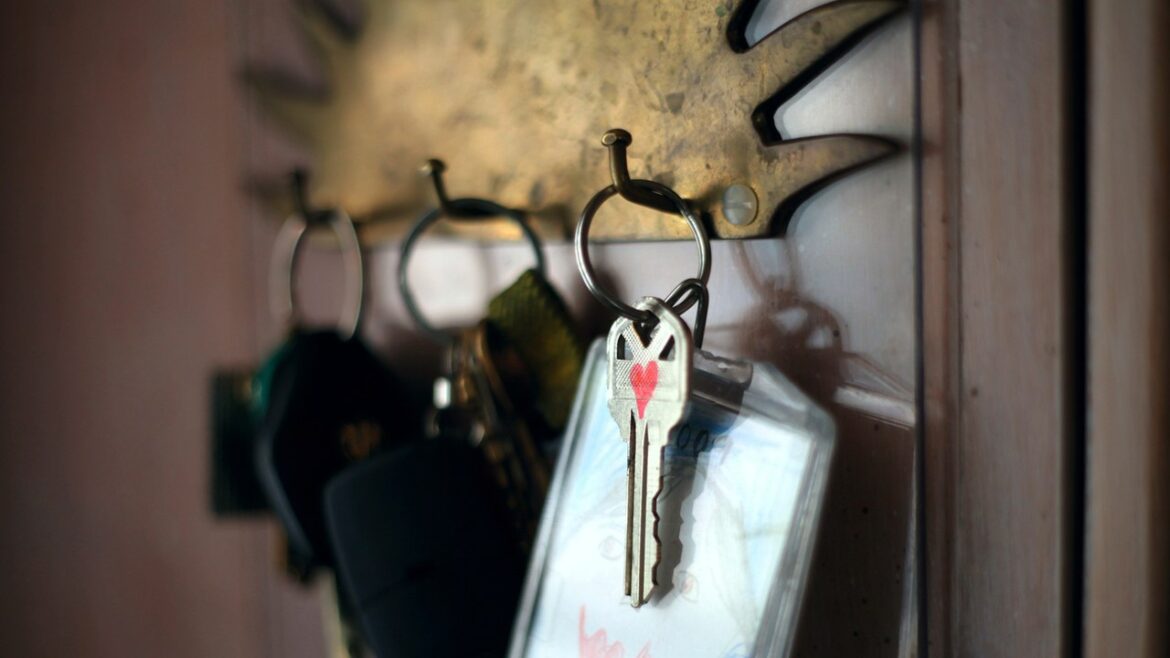Why couples live apart
Around 10% of adults live apart from their partner in Britain. For some couples, such as those who each have a home already and/or children from a previous relationship, it can be a preferred choice. They may want a companion but don’t want to look after someone else, or want a relationship without unsettling their children’s lives and blending their families together.
For others, living apart is a temporary circumstance – one partner has to work away from home during the week or for longer periods. But for some, living apart is an unwelcome constraint – one partner is on a tour of duty for the armed forces or in prison. Whatever the reason, not living together poses particular challenges for a relationship.

source: godates.co
Being “together” while living separately – advantages and disadvantages
If living apart is a choice, the advantages will probably have outweighed any disadvantages. When one partner has children from a previous relationship or an elderly relative to care for it may be easier to remain in their family home. And some people cherish their own space and seek a limited “togetherness” .
Others may want to be a couple but don’t feel ready to live together yet; maybe one or both partners are uncertain about longer term commitment.
Some jobs, a member of the armed forces and oil rig workers for example, are expected to work for (often quite long) periods away from home and in difficult environments. For couples in these circumstances, not living together raises practical and emotional issues – no-one to share household and childcare tasks with, feeling like a lone parent, worries about commitment and, affairs.

source: travelandleisure.com
Meeting the challenge of being apart
Communication is key – but think about how and what to communicate. When couples are apart for periods they can feel unconnected, so what they say can be easily misconstrued or misunderstood. Create opportunities to share information about each other’s lives – not just the “big” events but also the small routine things. It is these things that keep a sense of connection and trust and help to avoid misunderstandings.
Being the parent at home alone is tough – the domestic work load doubles and it can be hard not having another adult to confide in and share parenting responsibilities with (especially when things are difficult).
For the parent who is away, feeling left out of home life, worried, and often guilty about not being at home can increase the sense of disconnection and exclusion which may result in less communication.
“Parting” and “Reunions” are critical moments for couples who live apart for long periods. Emotions can run high. Being aware of this and managing these key moments will strengthen partner’s (and their children’s) connections with each other and build resilience/ ability to stay together, as a couple and as a family while apart.

